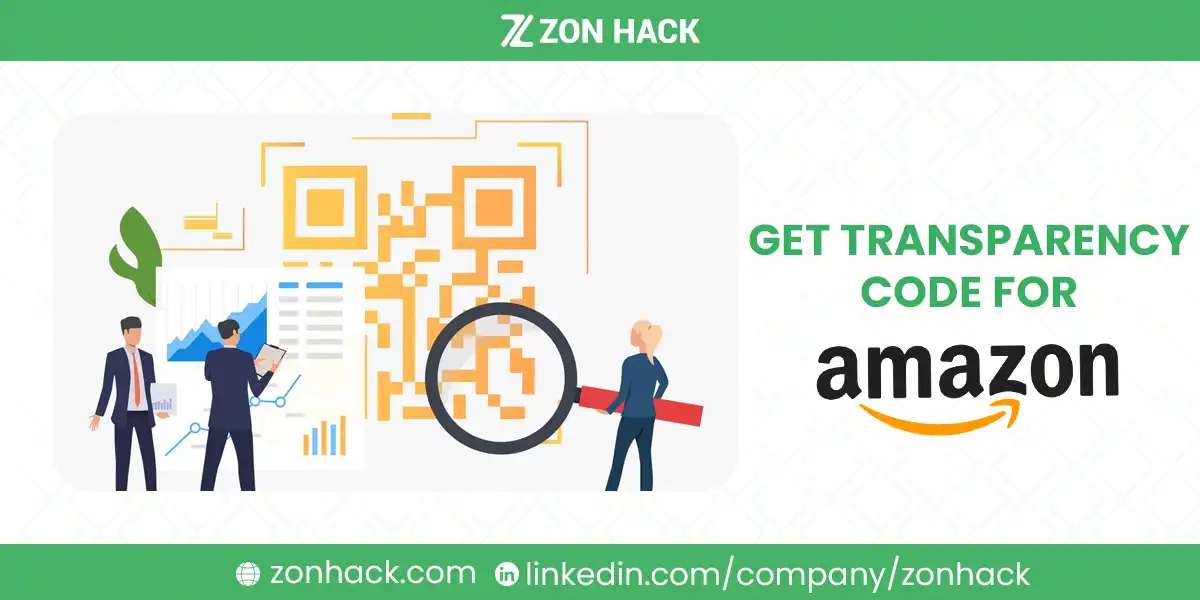Amazon’s Transparency program has revolutionized brand protection in the e-commerce space since its launch in 2018. The program has grown to include over 18,000 enrolled brands across ten countries, including the US, Canada, UK, Germany, France, Italy, Spain, Japan, India, and Australia. Through this initiative, Amazon has successfully prevented more than 1 million suspected counterfeits from reaching customers.
The program serves as a crucial tool for sellers looking to protect their brand integrity and ensure customers receive genuine products. Understanding how to obtain and implement Transparency codes is essential for brands seeking to safeguard their products on Amazon’s marketplace.
Eligibility for Getting Transparency Codes for Your Product on Amazon
The Amazon Transparency program maintains specific eligibility requirements that brands must meet before they can participate.
Brand Registry enrollment stands as the primary requirement for accessing the Transparency program. This enrollment verifies legitimate brand ownership and authority.
A government-registered trademark is another mandatory requirement. This official registration demonstrates the brand’s legal standing and commitment to quality standards.
Each product requiring protection must possess a Global Trade Item Number (GTIN), whether it’s a UPC, ISBN, or EAN. These standardized identifiers enable Amazon to effectively track and authenticate products throughout the distribution process.
Steps to Get Transparency Code for Amazon
The journey to obtaining Transparency codes follows a structured process that ensures proper implementation and management.
Step 1 – Enroll in the Transparency Program
Ensure that you are enrolled in Amazon Brand Registry with a registered trademark for your brand. This is a prerequisite for accessing the Transparency program23.
Step 2 – Access the Transparency Portal
Log into the Transparency portal on Amazon. This portal is separate from Seller Central and requires specific registration.
Step 3 – Generate Code Requests
In the Transparency portal, navigate to the section for code requests. Here, you can request new Transparency codes for your products. You will need to specify the quantity of codes you require, which can be up to 100,000 at a time.
Step 4 – Download Your Codes
After submitting your request, you will typically receive an email within 30 minutes containing a link to download your codes. If you do not see this email, check your spam folder. You can also retrieve previously generated codes by selecting ‘Previous Code Requests’ in the portal and downloading them as a CSV file.
How Much Will You be Charged for Getting Transparency Codes?
The Transparency program implements a volume-based pricing structure that accommodates businesses of different sizes.
For quantities up to 1 million units, sellers pay $0.05 per code. This entry-level tier suits smaller businesses and those new to the program.
When order volumes reach between 1 to 10 million units, the price reduces to $0.03 per code, offering cost savings for medium-scale operations.
Businesses operating at larger scales, exceeding 10 million units, benefit from the most economical rate of $0.01 per code. This tiered structure ensures cost-effectiveness as businesses scale their operations.
Conclusion
The Amazon Transparency program represents a significant advancement in brand protection and anti-counterfeiting measures. Through careful consideration of eligibility requirements, understanding of the application process, and awareness of the cost structure, brands can effectively implement this valuable tool to protect their products and maintain customer trust.
The program’s success in preventing counterfeit products from reaching customers demonstrates its effectiveness in today’s competitive e-commerce landscape. Brands serious about maintaining their integrity and building customer trust should carefully consider enrolling in the Transparency program.

